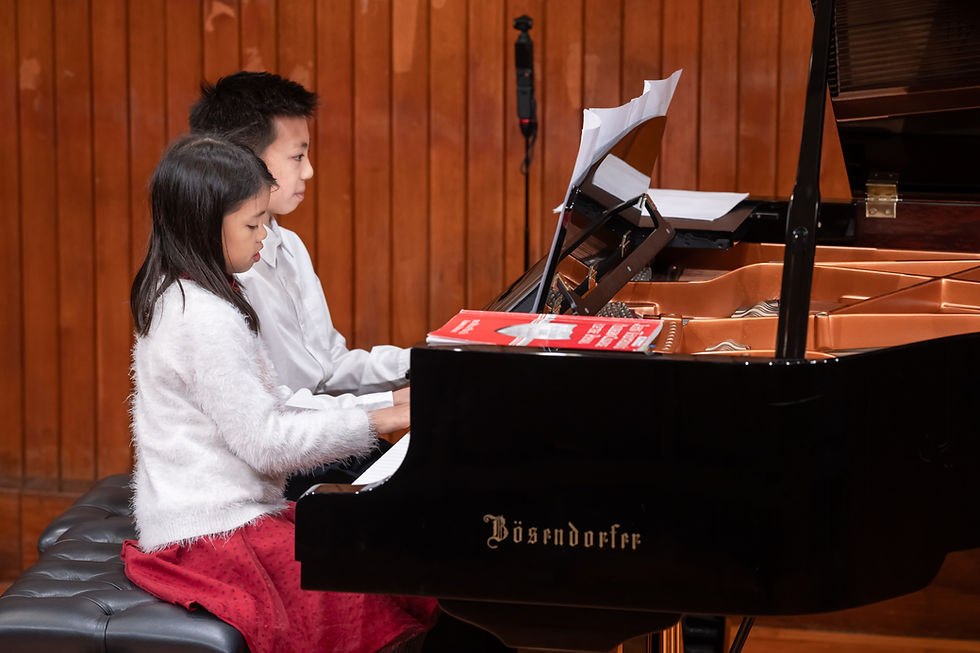The Importance of Recording Your Practice Sessions!
- jochan3
- May 19, 2023
- 2 min read

Recording all performances can be a helpful practice for musicians in several ways.
First ,it allows you to evaluate your playing and identify areas that need improvement.
You can listen to your recordings and hear mistakes that you might not notice while playing.
Additionally, recording your playing provides opportunities for reflection and introspection.
You can hear how your playing has evolved over time, and identify your strengths and weaknesses as a musician.
By listening back to past performances, musicians can identify patterns, improve their playing and ultimately grow as artists.
By recording all performances, musicians can watch the evolution of their playing style, observe how they have improved over time and identify areas that still need work.

Here are some tips for preparing a music recording for musicians:
1. Set clear goals: Before you begin recording, it's important to determine what you want to achieve. This will help guide your preparation, instrumentation, and approach to the recording process
2. Practice, practice, practice: It's important to be well-rehearsed before you begin recording. Take the time to practice each piece until you're confident in your ability to perform it flawlessly.
3. Choose your recording space wisely: The environment you choose to record in can have a big impact on the quality of your recording. Choose a space that has good acoustics and is free of background noise or distractions.
4. Make sure you have the right equipment: To get a high-quality recording, you'll need to invest in good recording equipment. This can include microphones, audio interfaces, and digital audio workstations (DAWs).

5. Work with a producer: If you're new to recording, it can be helpful to work with a producer who has experience in the recording process. They can offer guidance and feedback on everything from your performance to the mix of the finished tracks.
6. Take care of your instrument: Make sure your instrument is in good condition and properly tuned before you begin recording. This will ensure that you get the best possible sound.
7. Don't be afraid to experiment: While it's important to be well-prepared, don't be afraid to try new things during the recording process. Some of the best recordings result from unexpected decisions or experimentation.
Overall, preparing for a music recording requires careful planning, attention to detail, and a willingness to experiment. By following these tips, you can produce a high-quality recording that showcases your talents as a musician.



Comments